More than 10 candidates have emerged in the Liberal Democratic Party's leadership race, after Japanese Prime Minister Fumio Kishida decided not to seek reelection for the presidency.
The LDP is considering holding its leadership election on Sept 27, Jiji Press reported on Monday.
Kishida faced mounting pressure from LDP lawmakers who fear the party would face significant losses in upcoming elections under his leadership.
On Monday, Takayuki Kobayashi, former minister of economic security, officially announced his candidacy. That same day, Foreign Minister Yoko Kamikawa told reporters at Tokyo's Haneda Airport before her trip to India that she is preparing for her candidacy.
Unlike previous LDP leadership races, which typically featured a 12-day campaign period, this election will have an extended timeline to allow for more local debates, The Nikkei newspaper reported.
"Today's LDP lacks the kind of heavyweight politicians it once had," Takakage Fujita, secretary-general of the Association for Inheriting and Propagating the Murayama Statement, a Japanese civic group, told China Daily.
"As a result, while more than 10 politicians have expressed their intention to run in the race, none of them have presented a grand vision or a comprehensive plan for Japan's future."
The Asahi Shimbun commented that Kishida's government has gone awry after losing public trust and failing to present concrete measures to regain it.
Satoshi Tomisaka, a professor at the Institute of World Studies at Takushoku University, said dissatisfaction has erupted among younger members of the LDP, who believe they cannot win the next general election.
Kishida failed to gain the support of LDP Vice-President Taro Aso, a key figure he had relied on, Tomisaka told China Daily.
"The most important factor leading to Kishida's decision seems to be the significant decline in his approval ratings. The LDP remains in power not because of its superiority, but as a result of elimination, with voters concluding that it is still better than the opposition," he said.
Public support for Kishida's cabinet was 19.4 percent this month, below 20 percent for the ninth straight month, according to a recent opinion poll published by Jiji Press.
Public dissatisfaction with the Kishida administration and Japan's political scene is mostly directed at economic issues, Tomisaka said.
The LDP covering up problems associated with the issues of politics and money has also led to public disappointment, experts said.
Fujita said changing leaders is a tactic that the LDP has repeatedly used. "When facing a crisis, the LDP changes its party leader, who is also the prime minister, to instill a sense of renewal among the public, thereby making them forget about past money politics and corruption."
The LDP could potentially secure victory in the next general election, allowing the ruling coalition with the Komeito party to continue, he added.
Fujita urged the Constitutional Democratic Party of Japan, the largest opposition party, to avoid this outcome by fielding a capable candidate, energizing their leadership race and preventing the LDP from dominating Japan's television and newspapers for the next month.








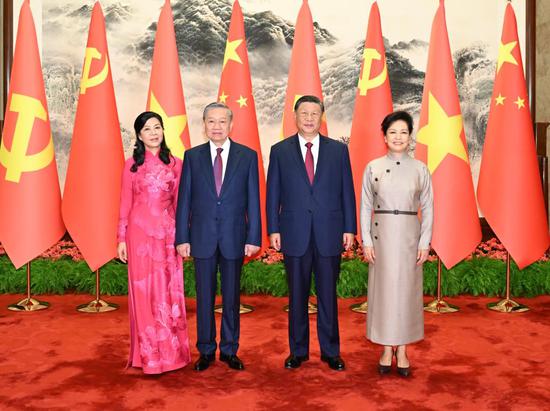

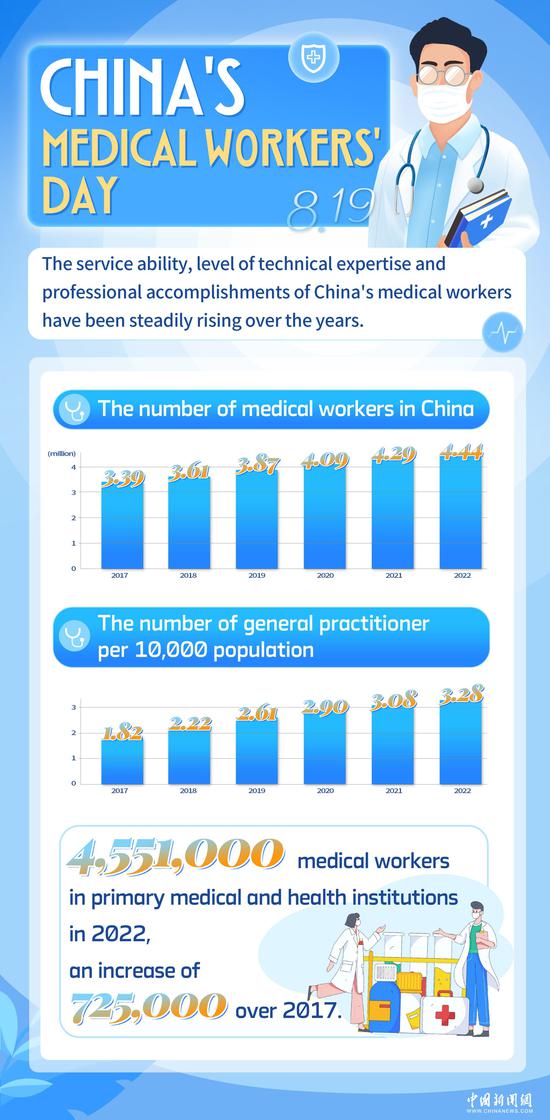
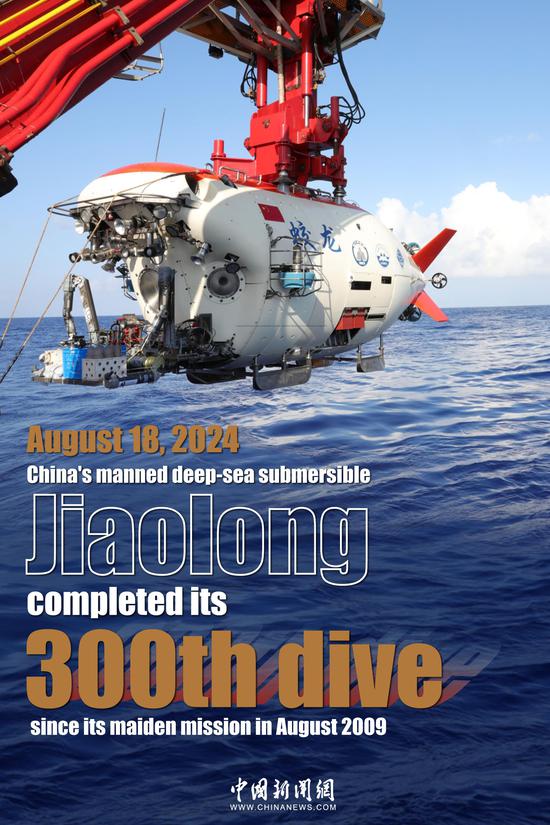





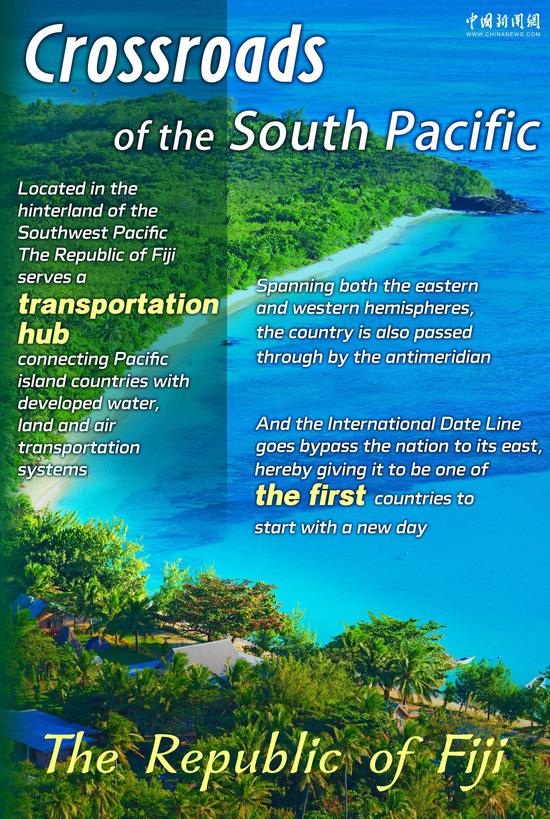



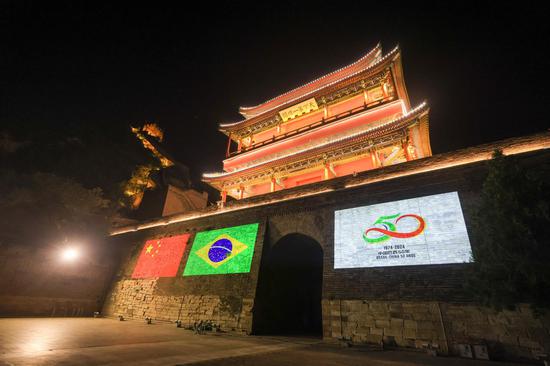
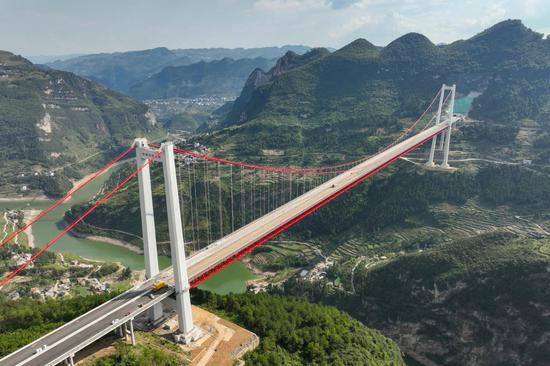


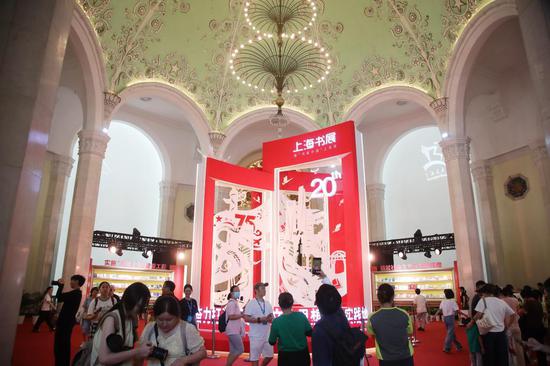
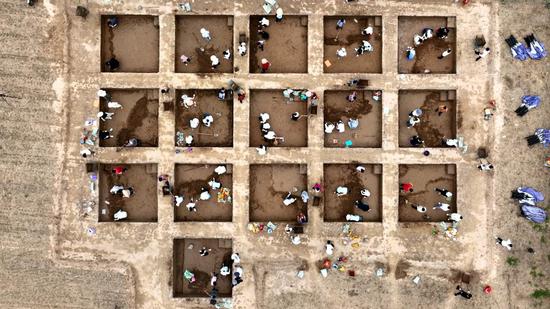
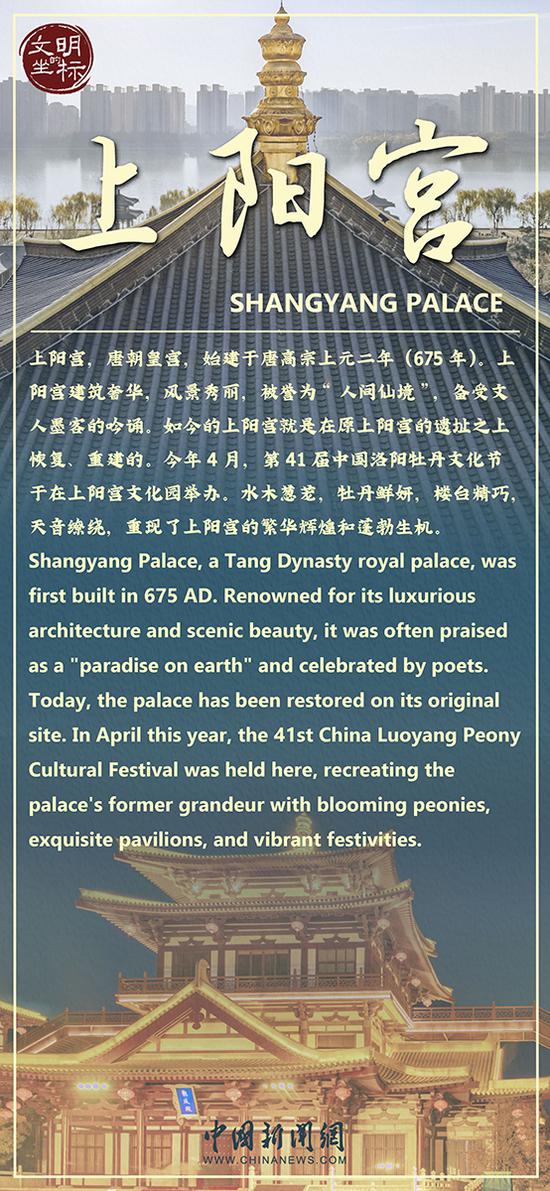










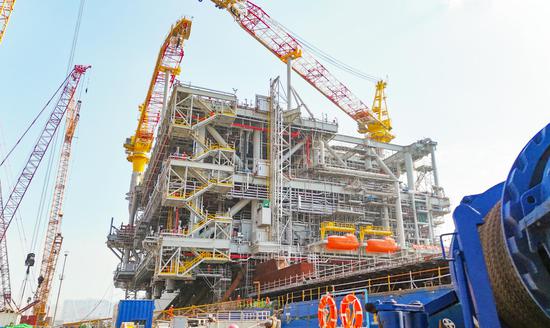
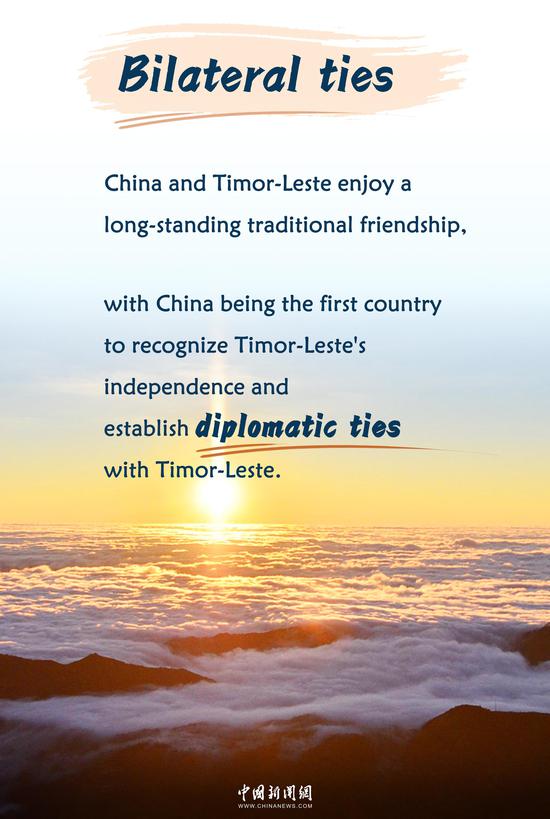
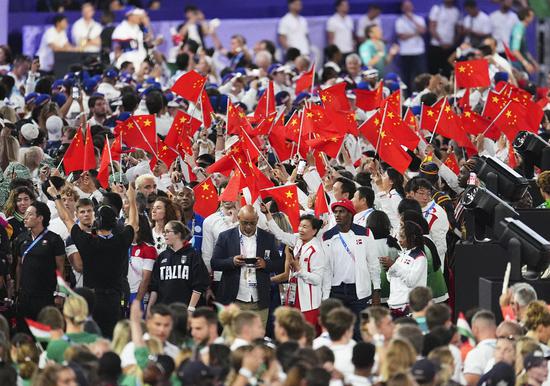









 京公网安备 11010202009201号
京公网安备 11010202009201号